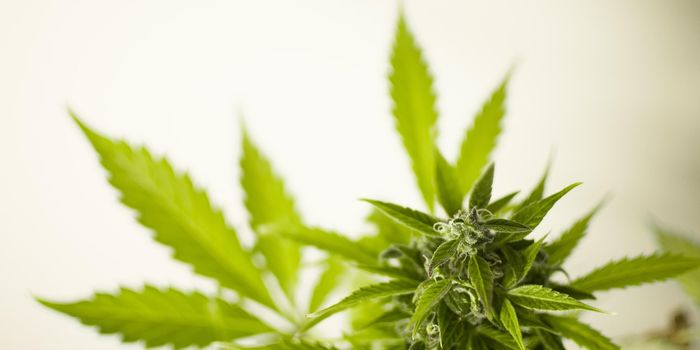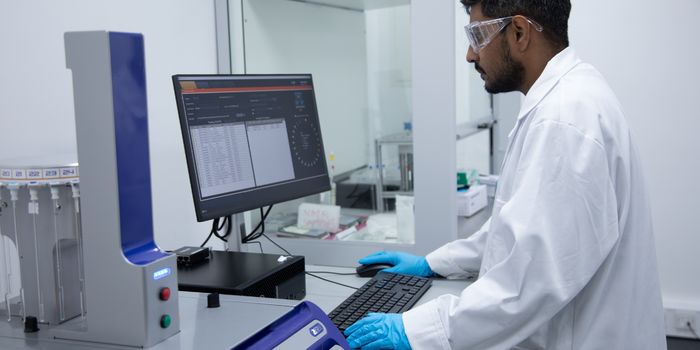Guillain-Barre Syndrome After COVID-19 Infection

Guillain-Barre is an autoimmune disease where progressive muscle weakness occurs as a result of immune destruction of nerves in the peripheral nervous system. There are different variants of GBS, with acute inflammatory demyelinating polyradiculoneuropathy (AIDP) being the most common form in the US. The AIDP variant involves sensory changes and symmetrical, rapidly progressive limb weakness that usually starts in the legs and moves upward, potentially paralyzing respiratory muscles. Other symptoms include numbness, tingling, and autonomic dysfunction that can cause cardiac arrhythmias and unstable blood pressures.
Onset can occur after surgeries, medications, and gut and respiratory infections, such as infection with Campylobacter jejuni, Mycoplasma pneumoniae, Haemophilus influenzae, cytomegalovirus, and Epstein-Barr virus. Symptoms usually present around 3 weeks after infection and become most severe by 4 weeks from symptom onset.
GBS is diagnosed through antibody testing for ganglioside antibodies, lumbar puncture for cerebrospinal examination, and electromyography and nerve conduction studies. Characteristic CSF findings include high protein levels with normal white blood cell counts.
Neurological conditions have been linked to COVID-19 infection. Other than the typical loss of sense of smell and taste, more serious neurological symptoms are strokes, changes in consciousness, and injury to the skeletal muscles. SARS-CoV-2 is thought to cause neurological symptoms by attaching to the ACE2 receptor present on nerve and muscle tissues.
In this international prospective observational cohort study, IGOS researchers did not detect an increase in GBS diagnosis during the first 4 months of the COVID-19 pandemic, suggesting GBS is not very likely to develop after COVID-19 infection.
Of the 49 patients examined in the study, 8 had a confirmed and 3 had a probable COVID-19 infection before developing GBS symptoms, with no evidence of having had another recent infection that could explain the onset of GBS. COVID-19-related GBS cases were associated with a sensorimotor, demyelinating variant and with severe symptoms of GBS.








